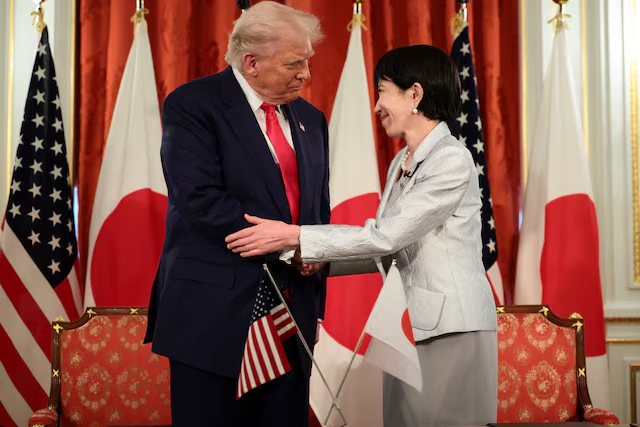In a significant move aimed at reinforcing economic and strategic cooperation, the United States and Japan have reached an agreement to secure a steady supply of rare earth elements and other critical minerals. These resources are essential for modern technology, defense systems, and renewable energy solutions. Both nations stressed the importance of diversifying sources to reduce dependence on any single country that dominates global production.
The agreement includes coordinated investments in mining and processing projects, as well as plans for joint stockpiling initiatives. Japan is committing substantial financial resources to U.S. energy infrastructure, including power generation and liquefied natural gas facilities, while also increasing imports of LNG to reduce reliance on other major suppliers. These steps are seen as a way to reinforce trade ties while ensuring stable access to vital materials.
Experts note that this partnership is a strategic response to the concentration of rare earth production in certain regions, which has created vulnerabilities in global supply chains. By collaborating, the U.S. and Japan aim to mitigate potential disruptions and support technological innovation in areas ranging from electric vehicles to defense systems. The agreement also encourages engagement with other international partners to further secure diversified mineral supplies.
While the short-term impact may be limited, the long-term implications are significant. Establishing alternative supply chains and boosting domestic production capacity will take years of investment and planning. Analysts view this pact as a key step toward strengthening both countries’ economic resilience and national security, signaling a new era of cooperation in the global race for critical resources.
















Leave a Reply